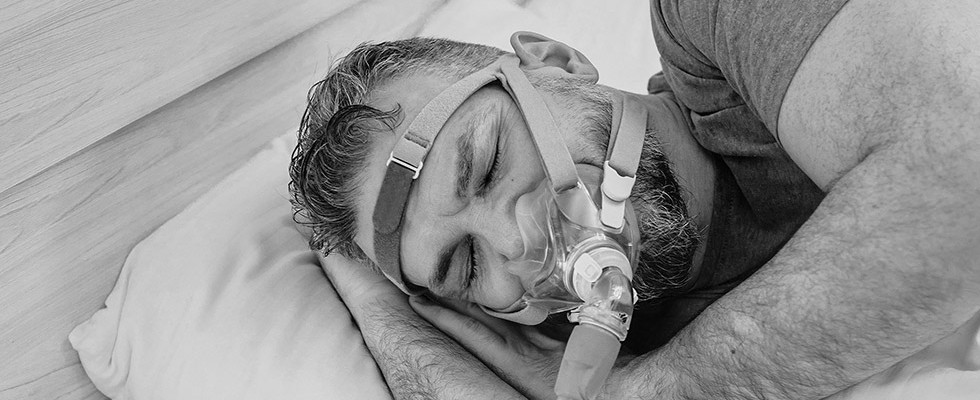
This spring, the United States District Court for the Western District of Pennsylvania ordered Philips RS North America LLC to stop manufacturing most of the sleep and respiratory devices at three of their Pennsylvania facilities and to stop distributing those devices from their facilities until Philips takes specific measures to ensure an increase in the safety of its devices and to ensure compliance with the federal Food, Drug and Cosmetic (FD&C) Act.
The Department of Justice (DOJ) and the Food and Drug Administration (FDA) also filed a complaint for permanent injunction on behalf of the United States in which it alleged that the FDA inspected Philips’ facility in Murrysville, Pennsylvania, where their investigator discovered numerous violations of the FD&C Act.
What the Complaint Says
The complaint alleged that:
After Philips discovered that the foam it used to soundproof devices could break down and be inhaled by the user (causing potential health risks) and initiated a recall, the FDA initiated an inspection. According to the complaint, the FDA inspector documented a failure by Philips in submitting written reports to the FDA of corrections or removals of their devices initiated earlier in the year.
Philips failed to submit written reports to the FDA of manufacturer-initiated corrections or removals for its devices and failed to validate and approve the process the company used to perform remediation work on the recalled ventilators. The violations determined by the FDA were allegedly the same ones that previous inspections had identified and warned Philips about in two FDA Warning Letters issued to the Murrysville facility
Additional Inspection
Allegedly, an additional inspection of Philips’ Mount Pleasant, Pennsylvania, facility in 2023 showed that there were further violations of manufacturing requirements. Philips conducted remediation work on two recalled ventilators at the Mount Pleasant facility by removing the abatement foam and replacing it with silicone foam after the recall. Philips began receiving complaints in July 2022 that the reworked ventilators contained residual foam degradation particulates of the sound abatement foam.
The investigator allegedly documented that Philips failed to ensure that they were compliant with established procedures with a high degree of assurance in repairing recalled devices. The processes that were
used by Philips allegedly were not verifiable by subsequent tests and inspections.
Consent Decree
Philips entered into a consent decree of permanent injunction with the U.S. The decree came after a discussion between the DOJ and Philips that began in July 2022 regarding the recall of CPAP and BiPAP sleep therapy devices and other respiratory care devices that Philips began in June 2021. The decree resolved the claims in the complaint.
The decree focuses on the operations of Philips’ U.S. facilities and provides a road map of actions and deliverables for Philips to meet regulatory requirements required by the FD&C Act. Philips must demonstrate continued compliance with the FDA’s current “good manufacturing practice” requirements for medical devices.
Once certain requirements are met, Philips will be permitted to resume selling new CPAP and BiPAP sleep devices and other respiratory care devices in the United States.
The decree also requires that Philips retain outside experts to inspect and evaluate their sleep and respiratory care facilities and ensure they are operating in compliance with the FD&C Act. After at least five years and notice from the FDA that the company is in compliance with the decree’s requirements, Philips may petition the court to be relieved of the requirements in the decree.
Editor’s note: This article originally appeared in Medtrade Monday and was reprinted with permission.
Just before press time, Philips Respironics said it would cut 300 Manufacturing jobs in western Pennsylvania and move about 500 workers from its headquarters in Pittsburgh to its facilities in Murrysville and New Kensington, Pennsylvania, where manufacturing will come close to winding down in 2025.
